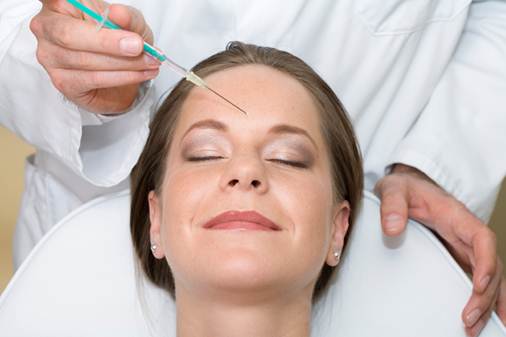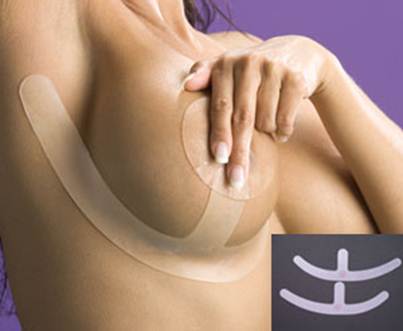With so many cosmetic surgery horror stories
in the news, why is it on the rise?
While most of us rely on a healthy diet,
exercise and grooming regime to make the most of our appearance, an ever
increasing number of women are turning to cosmetic surgery to fix their body
hang-ups. New figures published by the British Association of Aesthetic Plastic
Surgeons reveal its members carried out 38,771 procedures on women in 2011 – an
increase of 5.8 per cent on the previous year – with breast augmentation by far
the most popular operation. And these figures don’t include any of the
non-surgical “lunchtime” procedures, such as Botox injections or dermal fillers
that have flooded the “beauty” market in recent years.

Quick fixes aren’t always the solution
Cosmetic surgery has never been more
accessible or acceptable than it is right now – even 42 per cent of H&F
readers admitted they’d be tempted to try liposuction in the recent H&F
body survey. But why are so many women are resorting to surgery to correct
their perceived imperfections, when the associated physical and mental risks
have never been more apparent in the wake of the PIP implants scandal and the
plethora of celebrities going public with gory tales of surgery woe? Can taking
the surgical route ever guarantee we’ll feel better about ourselves – or even
look better?
The problem is we now live in a consumable,
quick-fix society, so when some people perceive their looks are having a
negative effect on their life, they believe surgery offers the perfect solution
to dealing with their problems and finding happiness. But it’s not always the
case, explains counselor and hypnotherapist. Susan Leigh
(lifestyletherapy.net). I’ve had many clients come to me for counseling
post-surgery once they’ve realized that it hasn’t helped them feel better about
themselves or improve their life in the way they thought it would. We then have
to work together on finding out what the real issues are. If you go into having
cosmetic surgery thinking it’s going to get you a new man, a new job and solve
all of your problems, you could be very disappointed.
This isn’t to say having cosmetic surgery
doesn’t dramatically help to boost self-esteem in some people, or make a huge
positive impact on their lives in the right circumstances, adds Leigh. But it’s
important to keep in mind that trying to improve your looks through surgery
won’t necessarily address any underlying emotional issues you might already
have, nor will it make you feel better in the long run.
“Even if you feel you’re disadvantaged by
your looks, or that they’re holding you back, you should try not to let your
appearance define who you are or dictate your sense of self-worth,” says Leigh.
“Leading a more positive lifestyle and working on other areas of your life –
whether that’s getting better educated improving your relationships or
developing a hobby – can help you project a more positive persona and add just
as much, if not more, value to how you feel about yourself as going under the
surgeon’s knife.”

14,500 women had breast surgery in 2011
What’s the alternative?
Considering surgery? Think again, with
these suggestions from Leigh:
Think about why you’re fixating on a body part. Is it a sign of a deeper problem?
If everything was going well, would you still view it so negatively?
Ask yourself
on a scale of one to 10, how good is your life right now? What do you need to
do to up your score?
If you’d like weight-loss surgery, ask yourself why you need it. Is your lack of
exercise or comfort eating a symptom of depression that needs addressing?
Remember, cosmetic surgery is a major hospital procedure. Just because it includes the world
‘cosmetic’, don’t ignore everything that it entails.